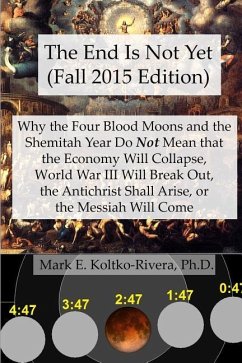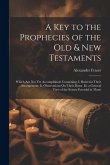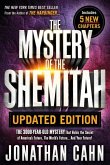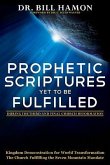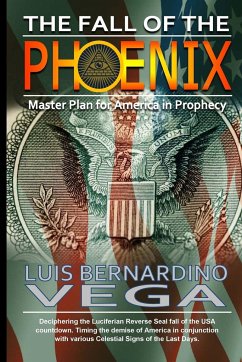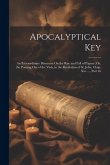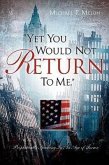Economic catastrophe. War in Israel. The arrival of the Messiah. All this and much more are being predicted by people around the world, because the final lunar eclipse in a Blood Moon Tetrad, and the end of the Jewish Shemitah year, both occur in the Fall of 2015. Should you panic? No, says Mark Koltko-Rivera, Ph.D., a Christian and an award-winning scientist. Dr. Koltko-Rivera shows that, contrary to all the hype: * there is no statistical proof that Shemitah years are worse than other years for the stock market; * the "Shemitah sign" failed to give warning of the worst financial cataclysm in American history; * Blood Moon Tetrads have been remarkably poor signs of trouble for the Jewish people; * the "Blood Moon Tetrad sign" failed to give warning of the worst catastrophe in the last thousand years of Jewish history; * there is no scriptural support for the idea that Blood Moon Tetrads or Shemitah years are prophetic signs. The author explains why: people fall for rumors like these; how readers can positively address concerns about the economy, the security of Israel, and even the arrival of Messiah; and, how they can deal with sensationalistic claims in the future.
Hinweis: Dieser Artikel kann nur an eine deutsche Lieferadresse ausgeliefert werden.
Hinweis: Dieser Artikel kann nur an eine deutsche Lieferadresse ausgeliefert werden.

